Enhancing Food Safety Standards in Schools: A New Initiative in Burera District
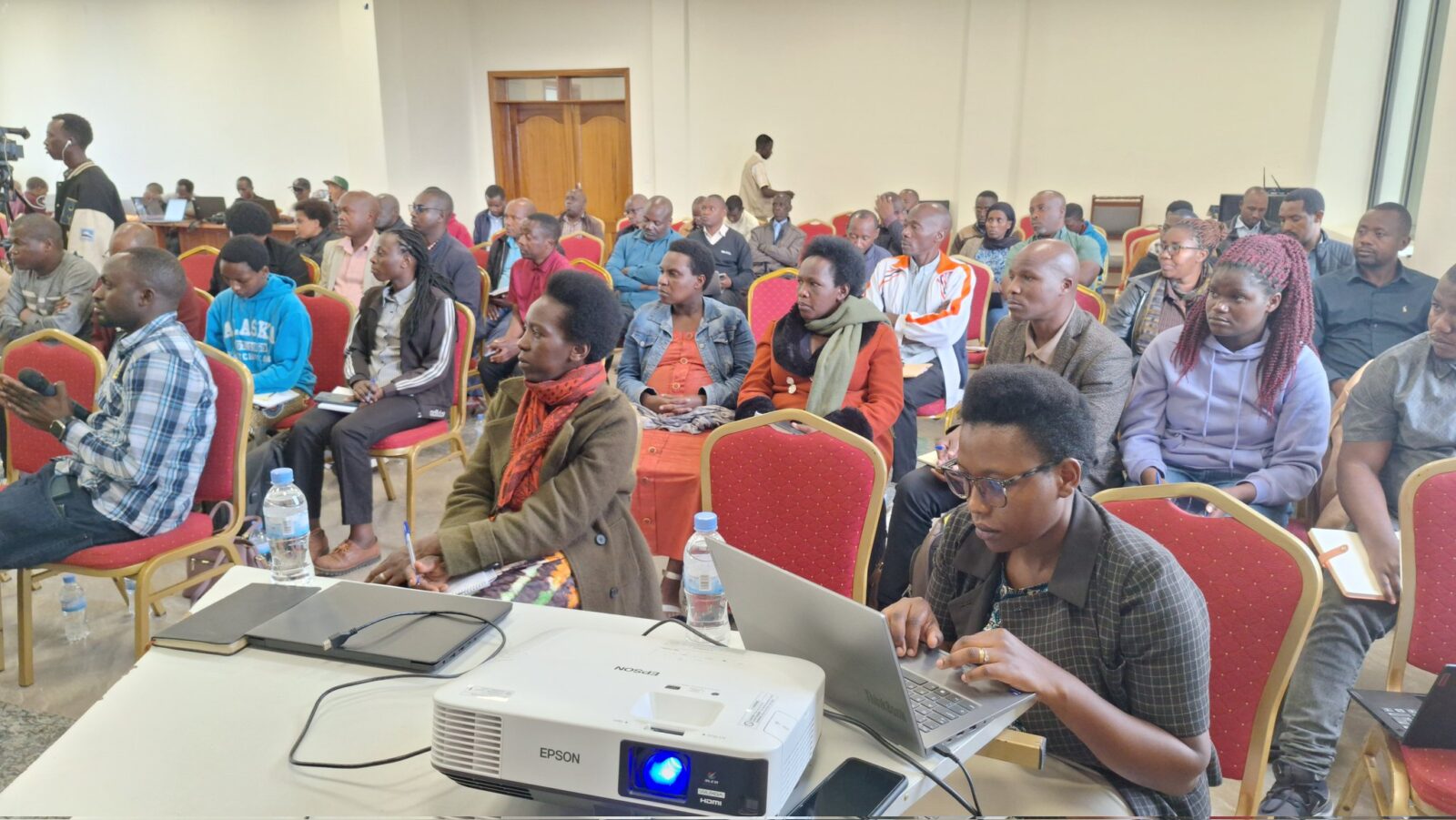
In a significant move towards improving child nutrition and health, the Rwanda Standards Board (RSB) in Burera District has launched training sessions aimed at enhancing food safety measures within schools. These sessions, which involve all personnel engaged in meal preparation under the school feeding program, are viewed as a vital step toward ensuring that children receive nutritious and safe meals.
The campaign was officially launched by the Rwanda Standards Board (RSB) in collaboration with the Ministry of Trade and Industry (MINICOM), in partnership with the World Food Programme (WFP), on November 29, 2024, at the National Ubutare Development Center in Nkumba, Burera District. The training sessions commenced on this Monday (2/December/2024), and will continue across 11 districts.
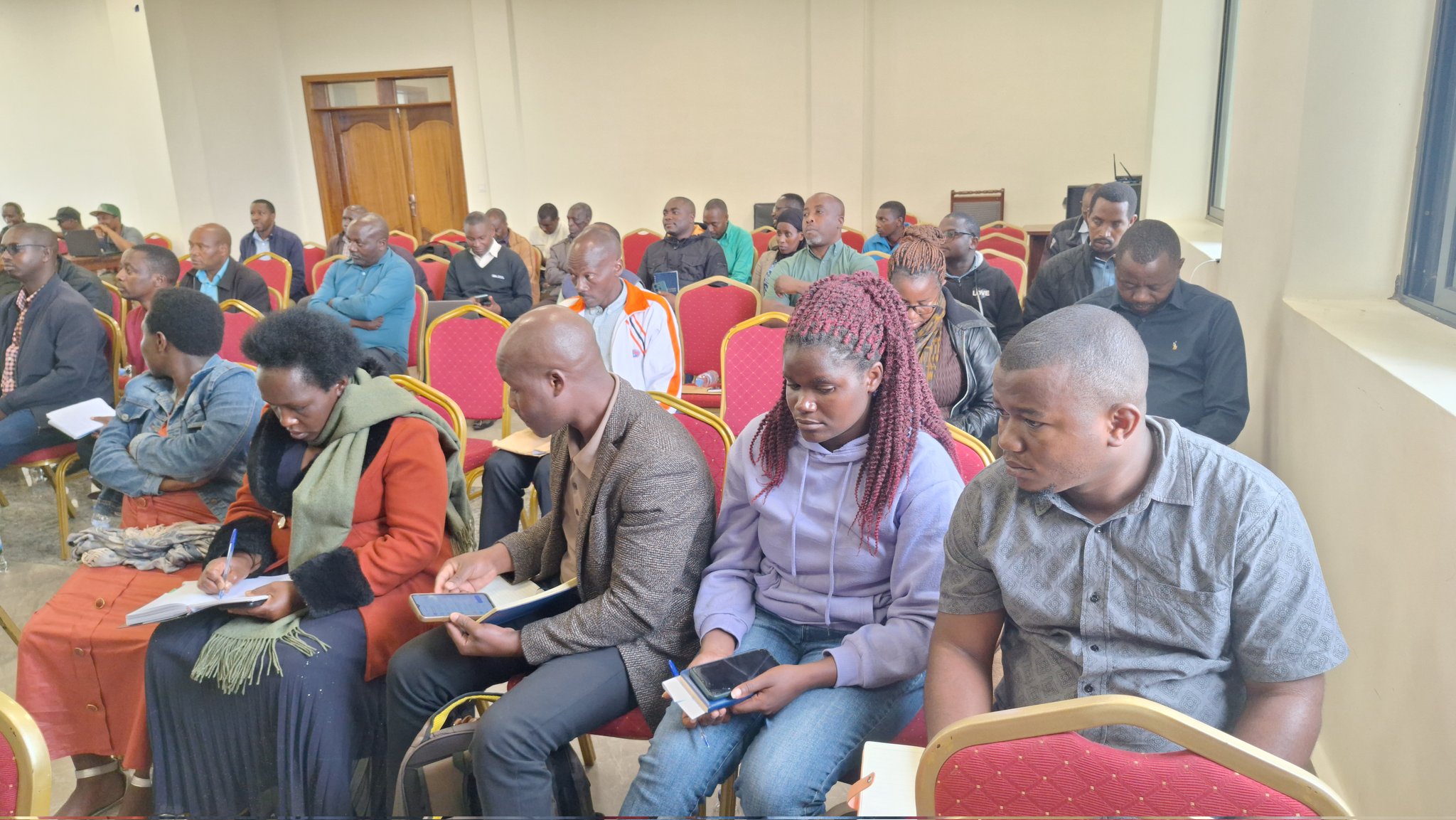
Designed to equip school meal preparers with the skills and knowledge needed to adhere to food quality standards, this initiative is part of a broader campaign focused on improving food safety protocols in educational institutions.
Burera District Mayor, Mukamana Soline, emphasized the importance of this initiative, stating that it represents a crucial opportunity for the district to enhance the quality of food provided to students. “Our goal is to ensure that children not only receive proper food but also gain the knowledge necessary to lead healthy lives,” she remarked.
The mayor further stressed the need for community involvement, highlighting the essential role of families in supporting the initiative. “This campaign aims to provide quality food in schools as part of the school feeding program for children,” she said. “We plan to make this program known to everyone, starting with the family.”

Some participants in the training believe that the guidelines they are learning will significantly improve their food preparation practices. They expressed optimism about the potential impact of the training on meal preparation and overall food safety.
Nyirakamana Joséphine, Intendant at Gaseke School, noted the lack of prior knowledge regarding food management practices. “We often received food without checking its quality,” she admitted. However, she is now confident that the training will empower them to adopt better food safety practices.
The importance of this initiative is further underscored by Jerome Ndahimana, the officer in charge of quality maturity model at Rwanda Standards Board (RSB). He pointed out that recent health issues among students had been linked to inadequately prepared meals. “Our aim is to prevent illnesses caused by substandard food, ensuring that children receive the nutrition they need for optimal learning and growth,” he stated. Jérôme also emphasized that the training would clarify expectations for meal preparers, followed by a monitoring process to ensure compliance.
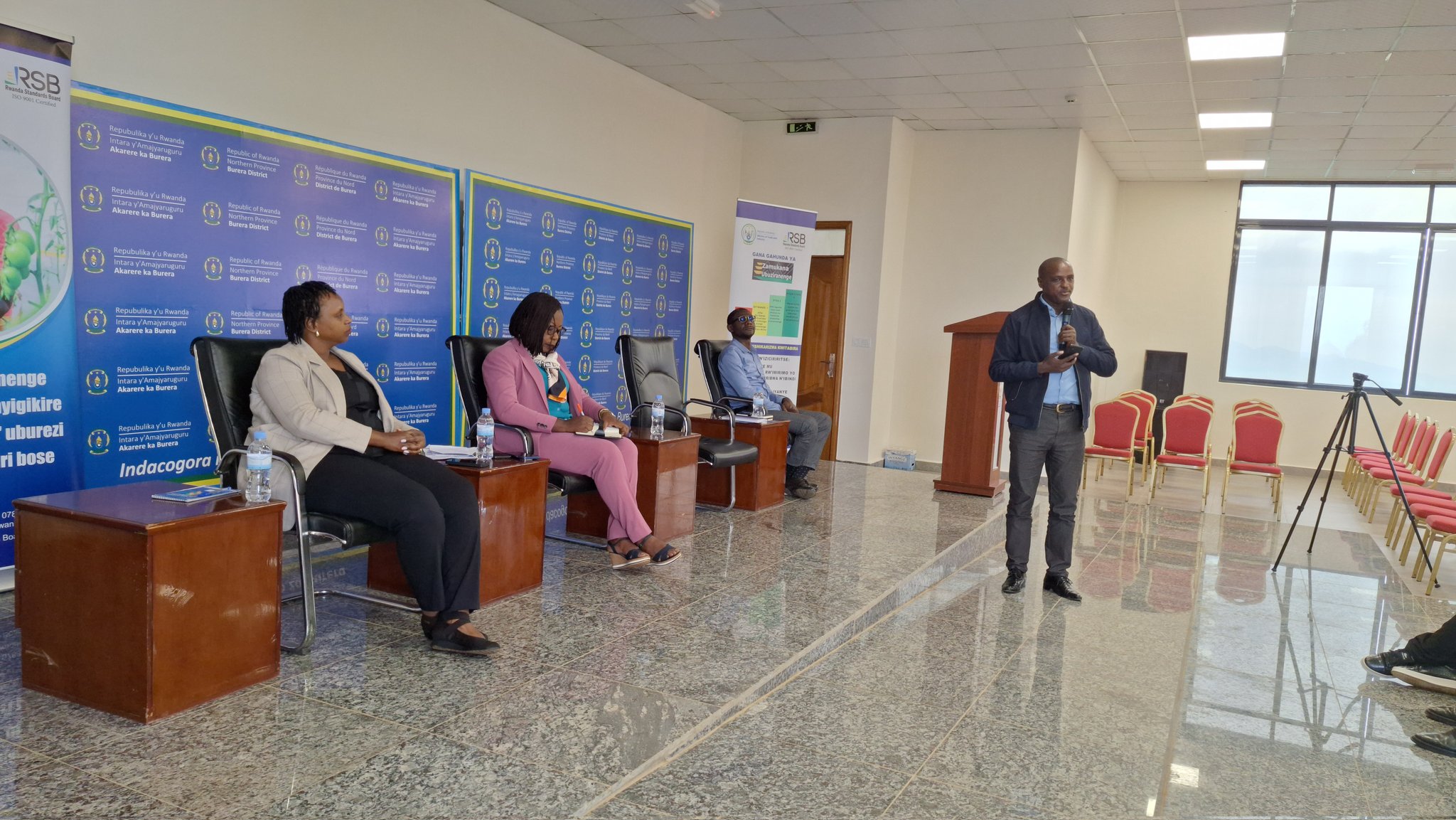
Despite the positive outlook, some schools face challenges that could hinder the effective implementation of these quality standards. For example, at Kabona School in the Rusarabuye sector, limited kitchen equipment and staffing have been identified as barriers to efficient meal preparation. Addressing these logistical issues will be crucial for the success of the food safety initiative.
The campaign aims to engage a wide range of stakeholders in the food supply chain, from farmers and transporters to school kitchen staff and students. By educating everyone involved in the process, the initiative seeks to create a comprehensive approach to food safety that begins at the source and extends to the dining table.
This initiative will be rolled out across 11 districts, including Burera, Rubavu, Rutsiro, Karongi, Rusizi, Nyamagabe, Nyaruguru, Huye, Kayonza, Nyagatare, and Gasabo. Supported by the World Food Programme (WFP), the program aims to establish a nationwide framework for food quality in schools.
The RSB has highlighted that previous issues with food safety have led to health concerns among schoolchildren, necessitating this proactive approach. The training covers all aspects of food quality, from harvesting and storage to preparation and consumption. Participants are being instructed on how to properly assess food quality, including checking manufacturing and expiration dates to prevent health risks.
Through this initiative, Burera District hopes to foster a culture of food safety and quality within schools, ensuring that children not only receive adequate nutrition but also learn the importance of healthy eating practices. The emphasis on community engagement and education is expected to create a lasting impact, ultimately contributing to the well-being and academic success of students across the region.
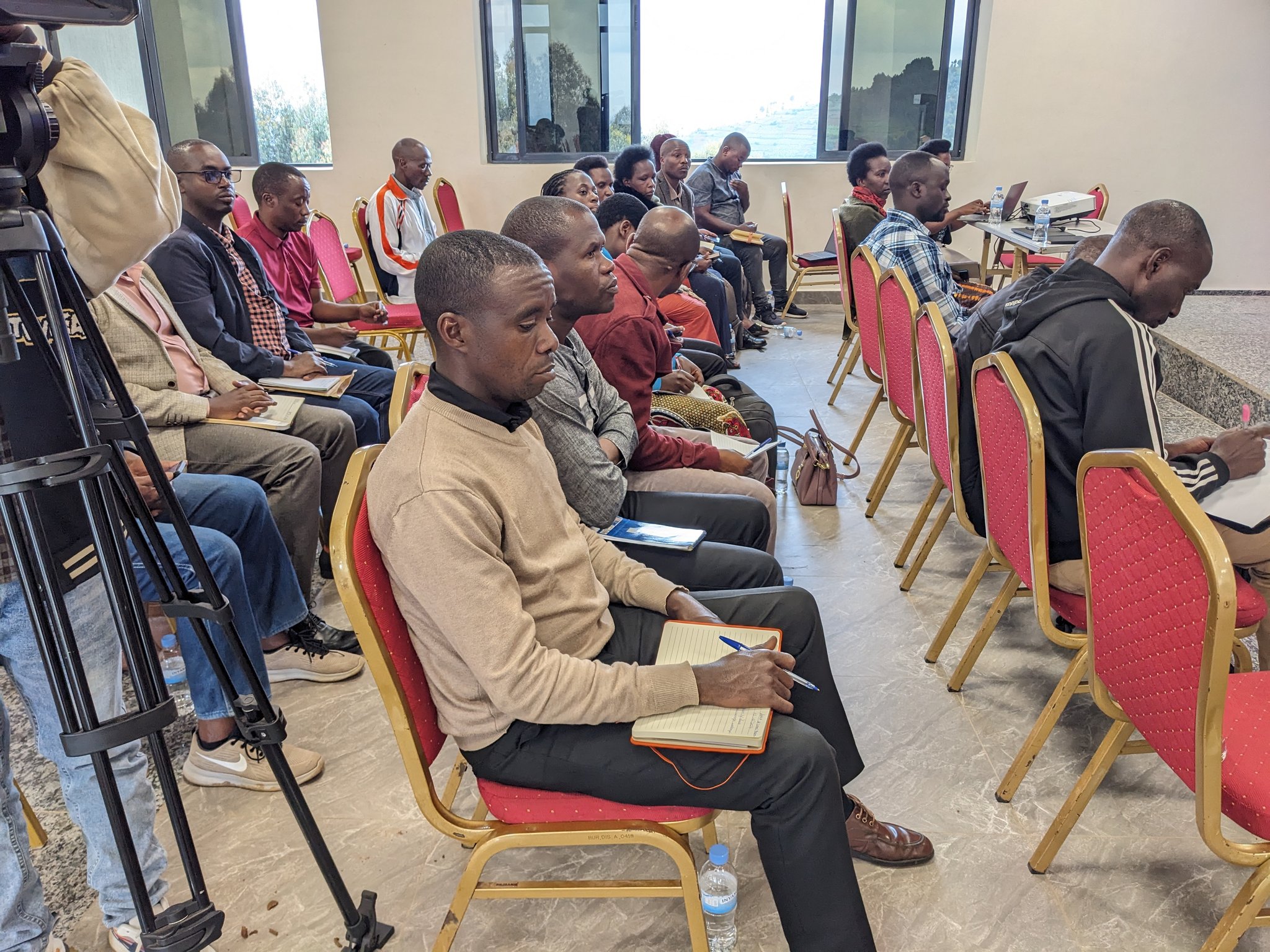
The implementation of food safety measures in schools in Burera District marks a significant step towards improving child nutrition and health.
By providing training and resources to all stakeholders involved in meal preparation, the initiative aims to ensure that students receive safe, nutritious meals that support their growth and learning. As this program unfolds, it will be crucial to monitor its effectiveness and address any challenges that arise, ensuring that the vision of healthy and well-nourished children becomes a reality.
Related Articles
Strengthening Rwanda’s SMEs for Circular Food Systems: Embedding Circularity Beyond Project Implementation for Long-Term Transformation
As Rwanda advances its circular economy ambitions, small and medium-sized enterprises (SMEs)...
Powering Food, Restoring Land: How Renewable Energy and Regenerative Agriculture Are Transforming Rwanda’s Farms
Across Rwanda’s rolling hills, a quiet revolution is underway. It begins in...
Late February Weather Alert: Heavy and Above-Average Rainfall Forecast Across Rwanda
The Ministry in charge of Disaster Management (MINEMA) has issued a weather...
GBOX Launches AI Literacy Initiative to Support Rwanda’s Digital and Sustainable Development
A new Artificial Intelligence (AI) literacy program has been introduced last week...






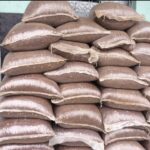


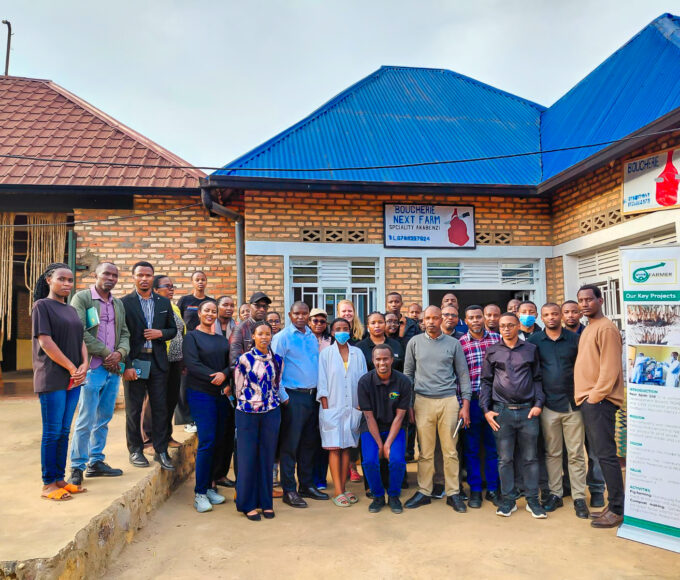


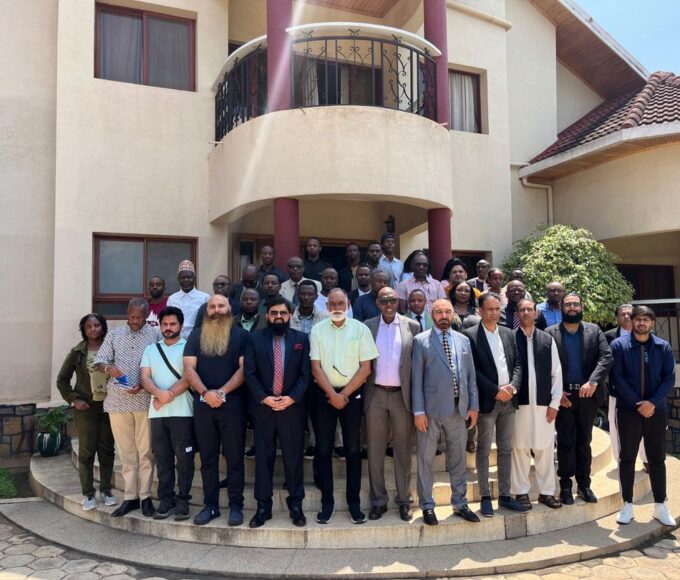
Leave a comment